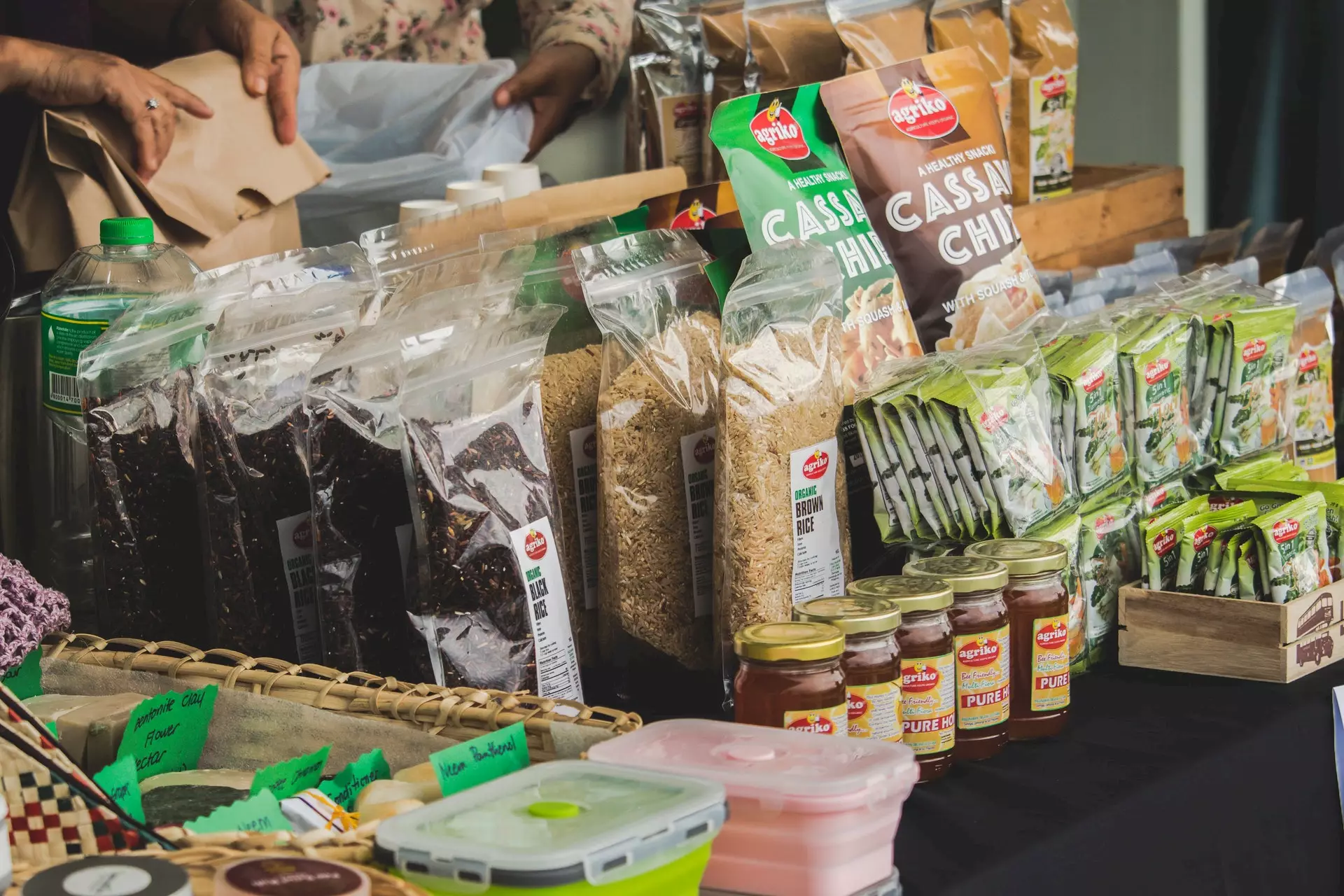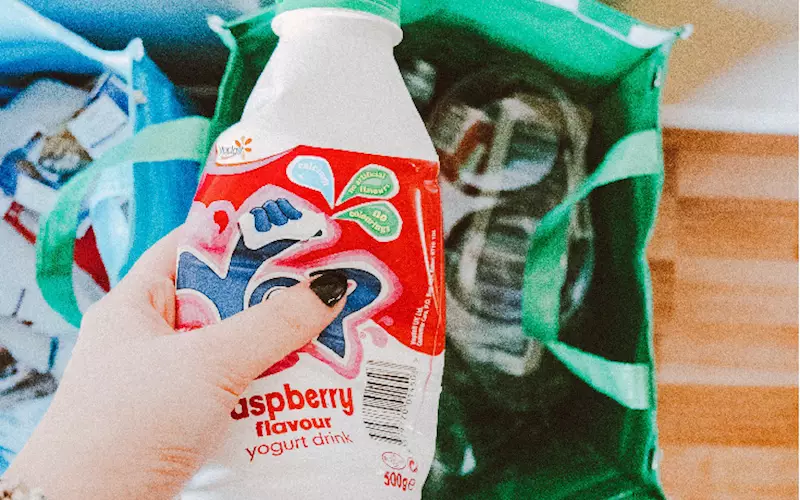How Covid-19 is changing packaging
Experts are already of the opinion that the Covid-19 outbreak will change the way we do business. We may be seeing the signs already. A WhatPackaging? report
18 Nov 2020 | By WhatPackaging? Team
As science confirms that the virus can survive on surfaces, the pandemic has led to new discussions and perspectives around the safety of various packaging materials. A recent study published by the US National Institutes of Health found that the virus survives for up to two or three days on steel and plastic surfaces and one day on cardboard. Thus, the onus is on the packaging companies to ensure that packaging does not become a potential route for spreading the virus and measures are taken to deal with it.
There has been a growing discussion among stakeholders about the need to shift back to single-use packaging during the outbreak. Stakeholders in the plastic industry have taken the opportunity to highlight the importance of single-use plastic to fight the spread of the virus.
Others, however, believe that the pandemic is a chance for reusable packaging to step up to meet crucial needs while keeping waste to a minimum. Experts believe that single-use packaging may give a false sense of safety when in reality it could also be contaminated during its production, transport, or handling.
The option is reusable containers, despite the risk, as it can be sanitised.
Is plastic safer?
Amidst the outbreak, global coffee chain Starbucks banned reusable cups in March 2020 and organisations, such as the Plastics Industry Association in the US, have been addressing the advantages of plastic. In a statement, Plastics Industry Association president and CEO, Tony Radoszewski, said, “Plastics have been the material of choice in the medical field for decades and we live healthier, longer, and better because of these materials. The global plastics industry stands ready to assist authorities and public health advocates in making sure our materials and products are on the frontline of combating the spread of coronavirus.”
It appears that single-use disposable food packaging has made a comeback with Covid- 19 as many consumers believe this to be safer and/or more hygienic. Meanwhile, the European Carton Makers Association (ECMA) says that carton board is proving to be an essential item in maintaining an effective supply chain for food and pharmaceutical products during the Covid-19 crisis. ECMA claims folding cartons are a sustainable solution that is aligned with the European Commission’s circular economy strategy.
The value of which is being reinforced today as a critical item involved in keeping Europe supplied with food and medicines. For some years now, sustainability has been a key driver in the business and marketing strategies for many food and beverage companies in the Asia Pacific region such as Coca- Cola and Nestlé, especially after China banned plastic waste imports in 2018.
One of the main initiatives across many of the companies that have this focus has generally been to cut down on the use of single-use plastic bottles and packaging, but experts say it is likely that ‘companies may resort to plastic packaging to combat the spread of the pandemic, putting the sustainability aspect in the back seat’ again.
One of the most likely places this will happen will be in China, as the Chinese government is likely to enforce tighter regulations to change meat handling and distribution practices.

Stakeholders in the plastic industry have taken the opportunity of the outbreak to highlight the importance of single-use plastic
Distributing meat in plastic packaging is likely to reduce the risk of a future outbreak. India is also expected to see a rise in plastic packaging usage, especially with the recent nationwide lockdown increasing the need for more long-term food storage. Again, with the lockdown, there has been considerable rise in food delivery and takeaway services.
This may eventually lead to the adoption of disposable packaging.
But, is plastic safe?
Environmental activists have protested claims that plastic food packaging is safer, and they may actually not be wrong. According to a statement on the Break Free From Plastic website by non-profit organisation Upstream, disposable packaging is not safer than reusable packaging if not washed properly with soap and hot water.
Scientific research backs up some of these points: A recent University of California, Los Angeles (UCLA) study showed that the virus causing Covid-19 can remain on plastic surfaces for some two to three days, so if not properly cleaned before contact is made, may not be as safe as expected. The Centers for Disease & Control (CDC), based in the US, has stated that consumers face a low risk of spreading the virus from products or packaging that are shipped over a period of days or weeks at ambient temperatures.
No concrete scientific data has yet been seen for the virus’ lifespan on reusable bags, but expert advice is to clean these thoroughly with soap, water, and/or disinfectant.
So one way or the other, the safest way to proceed and keep food and groceries as hygienic as possible is likely to observe proper cleaning protocol at higher levels of caution than usual, regardless of whether disposable or reusable packaging is used. In the argument on the use of plastic, the bottom-line must be clear. In the bid to fight the virus, we shouldn’t go back to the old ways and create unnecessary amounts of singleuse plastic waste.
China and the supply chain
Following the Covid-19 outbreak, self-isolation rules have resulted in short supply and event cancellations, and supply chains are now looking to source away from China following manufacturing and production disruptions. One of the main concerns in the industry comes from workers having to self-isolate, especially in China, where many packaging companies rely on manufacturing facilities.
For example, Procter and Gamble (P&G) accesses 387 suppliers in China that ship to use globally more than 9,000 different materials, impacting approximately 17,600 different finished product items. Each of these suppliers faces their own challenges in resuming operations.
The pandemic has caused considerable disruptions for companies and, as a result, many are looking to relocate away from China. A survey conducted by the Institute for Supply Management (ISM) between 22 February and 5 March revealed that production in China fell to an all-time low in February, with manufacturers in China reporting a 50% operating capacity with 56% of normal staff.
But there is a lesson to be learnt. Experts say it is important to avoid clustering of suppliers in one region, particularly around similar supply chains.
This will be increasingly critical as the world becomes more volatile through climate change and other man-made impacts. That makes it important to look beyond selecting on lowest price only and understanding the overall value and the risks in the supply chain.











 See All
See All